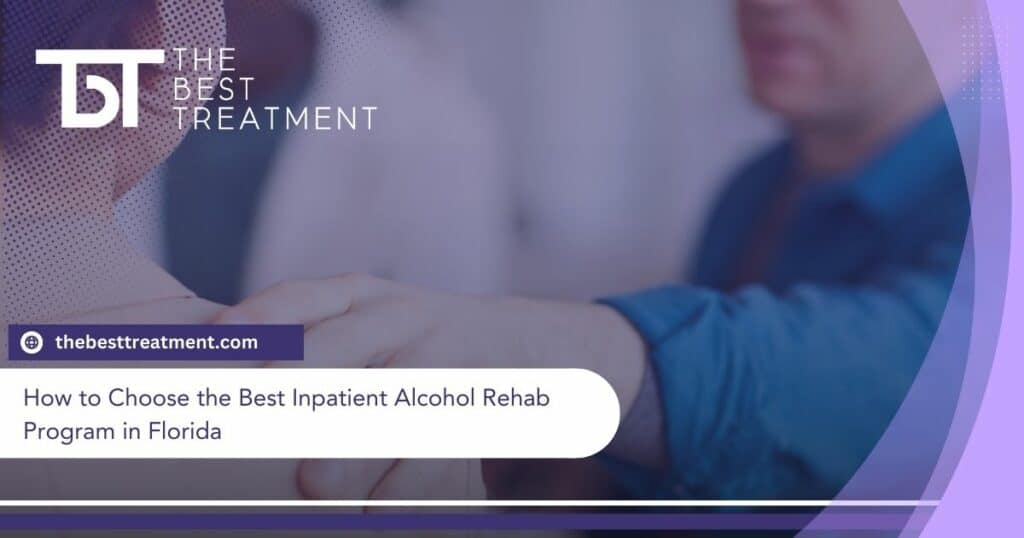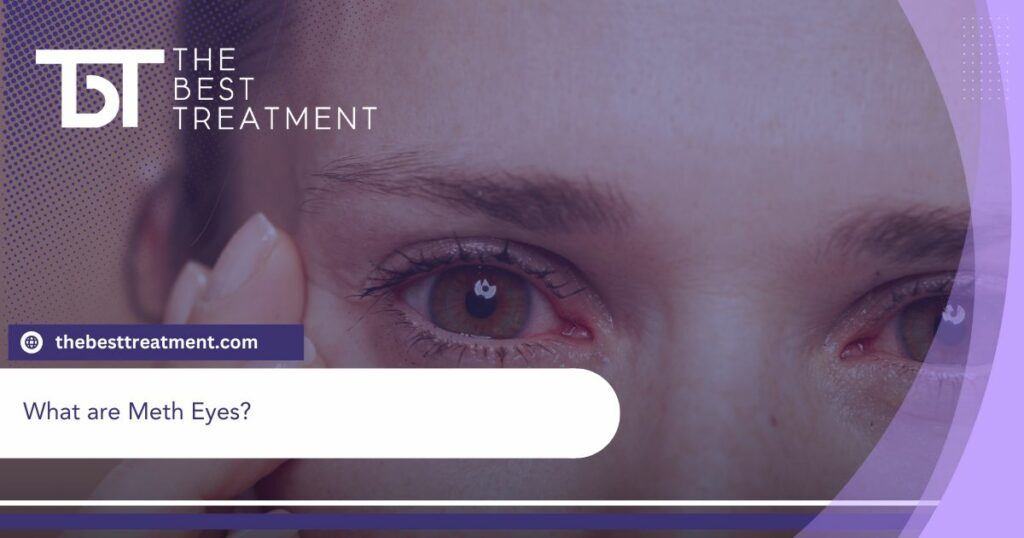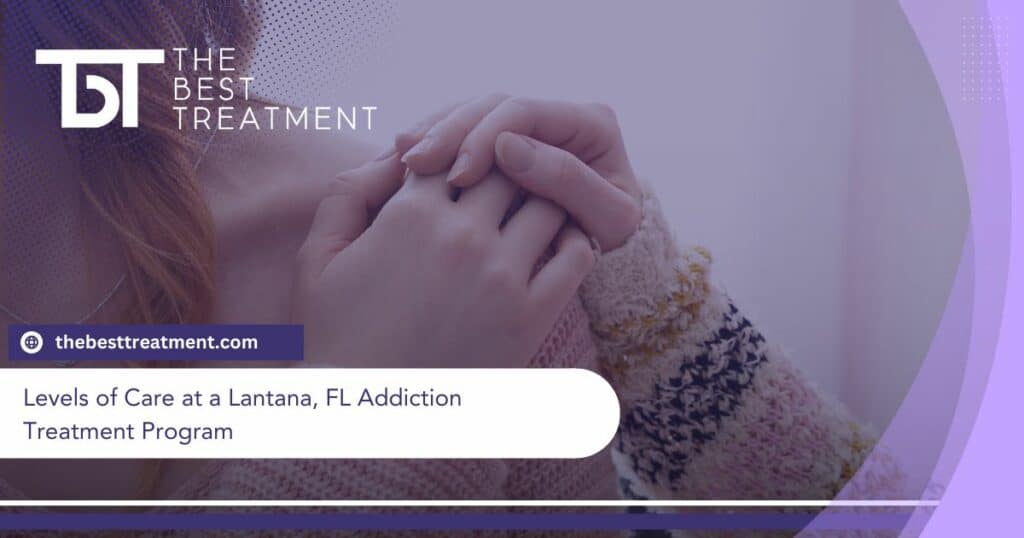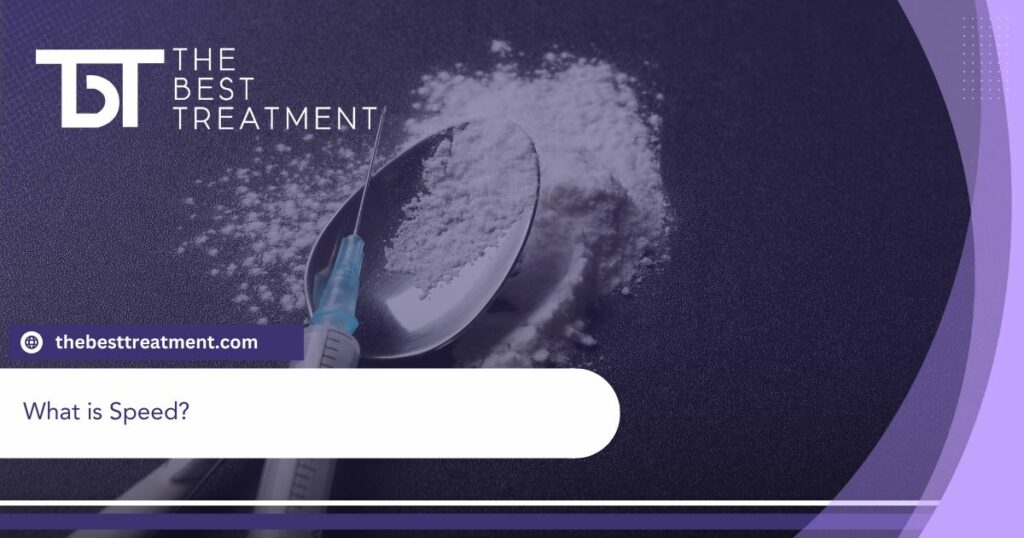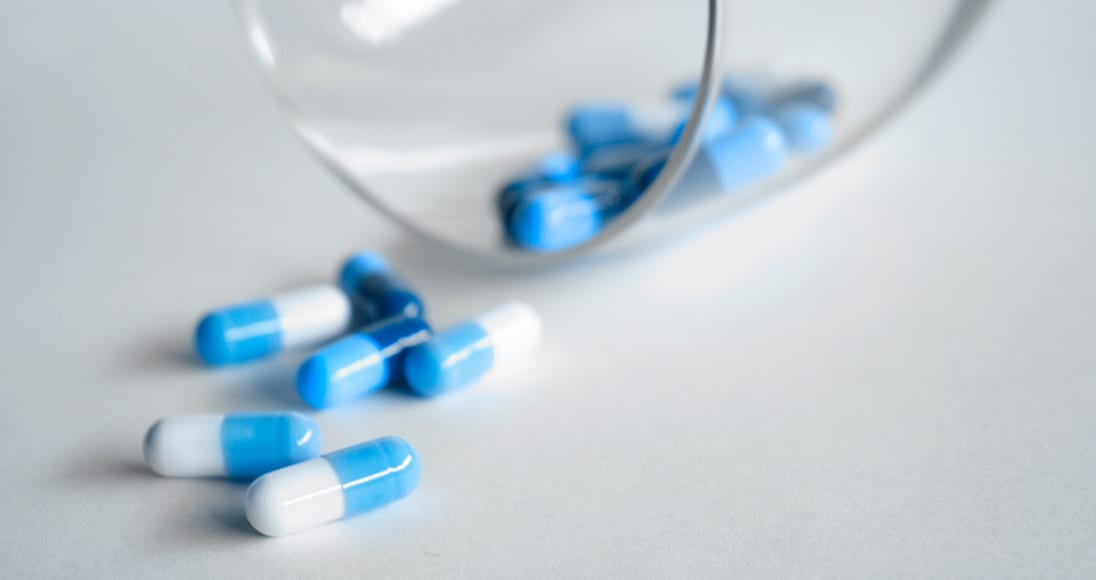Table of Contents
Alcohol and benzodiazepines, or “benzos”, are two of the most commonly abused substances in America. Benzodiazepines are a class of drugs that affect the central nervous system (CNS) and are prescribed for a variety of medical conditions such as anxiety and seizures. Because of the addictive nature of benzos, these drugs are only prescribed on a short-term basis. Unfortunately, individuals continue to abuse benzodiazepines.
Mixing benzos with alcohol is extremely dangerous because it puts people at risk of severe health complications, such as liver damage and overdose. Therefore, this combination of drugs may lead to deadly consequences. If you or a loved one are addicted to benzodiazepines and alcohol, it is imperative that you attend a substance abuse treatment center as soon as possible.
Understanding Benzodiazepine and Alcohol Abuse
Many people consume alcohol due to the calming effect it may produce. However, normal alcohol consumption often turns into alcohol abuse as it begins to cause health, relationship, and work issues. One of the most common signs of alcohol abuse is referred to as “binge drinking”, the act of drinking over a moderate amount. According to the United States Department of Agriculture, “moderate alcohol consumption is defined as having up to 1 drink per day for women and up to 2 drinks per day for men.”
Prescription benzodiazepines are abused almost as frequently as alcohol. Benzodiazepine abuse is characterized by an individual using them any way other than for their medical or intended purpose. According to the Drug Enforcement Administration (DEA), “benzodiazepines, particularly those having a rapid onset, are abused to produce a euphoric effect. Abuse of benzodiazepines is often associated with multiple-substance abuse.”
There are many different forms of benzodiazepines, with the most popular being:
- Ativan (lorazepam)
- Klonopin (clonazepam)
- Librium (chlordiazepoxide)
- Valium (diazepam)
- Xanax (alprazolam)
Benzodiazepines are prescription-only medications, however, some individuals may purchase them from drug dealers on the street. Unfortunately, mixing benzodiazepines with alcohol is very common among individuals who illegally obtain these prescription medications. Mixing benzos and alcohol intensifies the effect of both substances, often leading to health complications ranging from moderate to fatal.
Risks Associated with Mixing Benzos with Alcohol
Mixing benzodiazepines with alcohol poses serious health complications, including life-threatening ailments. Unfortunately, despite the consequences, individuals continue to mix these substances. If you or a loved one are mixing benzos and alcohol, it may be time to consider attending an addiction treatment program near you.
Mixing Central Nervous System Depressants
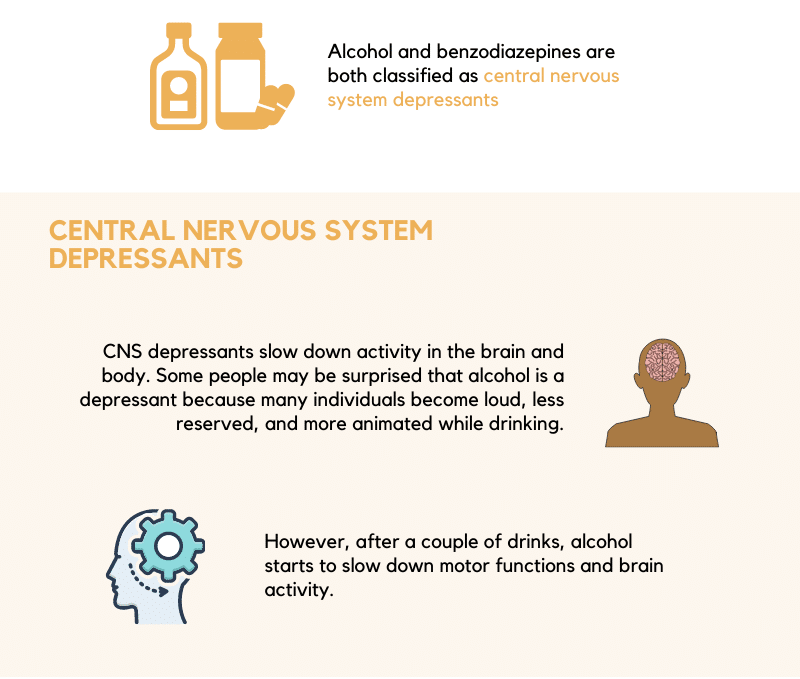
Alcohol and benzodiazepines are both classified as central nervous system depressants. CNS depressants slow down activity in the brain and body. Some people may be surprised that alcohol is a depressant because many individuals become loud, less reserved, and more animated while drinking. However, after a couple of drinks, alcohol starts to slow down motor functions and brain activity.
Benzodiazepines also serve the same purpose, so the mixture of these substances is extremely dangerous. For example, individuals mixing alcohol and benzos are at a greater risk of organ failure due to the depressant qualities of both substances.
Liver Damage from Alcohol and Benzos

One of the most commonly mentioned risks of alcohol addiction is liver damage. To explain, alcohol consumption may lead to numerous health complications of the liver such as alcoholic hepatitis, cirrhosis of the liver, liver disease, and kidney failure. Similarly, certain benzodiazepines have been linked to rare instances of cholestatic liver injury.
With that being said, mixing benzodiazepines and other depressants, such as alcohol, may lead to an increased risk of various liver diseases or complications. Fortunately, liver damage is a long-term effect of alcohol and benzo abuse. If you or a loved one currently abuse one or both of these substances, it is vital that you receive treatment before developing irreversible liver disease, such as cirrhosis.
Benzo and Alcohol-Induced Overdose
One of the most concerning aspects of mixing benzos and alcohol includes the increased risk of overdose. Many individuals who abuse benzodiazepines are unaware that the substance can remain in the body for several days. This is concerning because individuals who drink alcohol while having benzos in their system might cause a potentially lethal toxicity level in the body. Oftentimes, lethal toxicity levels lead to an overdose.
Common symptoms of alcohol and benzodiazepine overdose include:
- drowsiness
- confusion
- extremely impaired motor coordination
- coma
- death
If you believe someone you know is suffering from an overdose, you must contact emergency medical personnel immediately. Overdose may be treated and reversed if the individual receives medical attention in a timely manner, however, overdoses are typically fatal without medical intervention.
Additional Interactions of Benzodiazepines and Alcohol
As previously mentioned, both alcohol and benzos are considered CNS depressants. The mixture of these two substances may cause the central nervous system to become significantly impaired, leading to serious complications.
Some of the interactions associated with the mixture of benzos and alcohol include:
- Drowsiness
- Dizziness
- Increased Risk for Overdose
- Slowed or Difficulty Breathing
- Impaired Motor Control
- Unusual Behavior
- Memory Problems
- Liver damage
Treatment for Benzodiazepine and Alcohol Abuse
The mixture of benzos and alcohol often leads to serious and life-threatening consequences. If you or a loved one abuse benzos and alcohol, you must attend an addiction treatment facility as soon as possible. By receiving the proper medical intervention, individual and group therapy, as well as ongoing professional support – you can recover! Contact The Best Treatment Center today for more information on how to begin your journey of addiction recovery.
Medically Reviewed: September 25, 2019

All of the information on this page has been reviewed and verified by a certified addiction professional.






